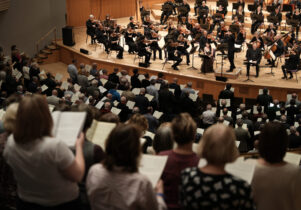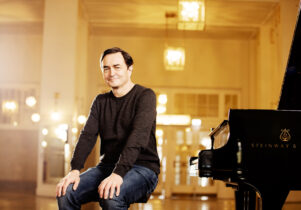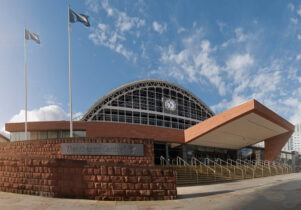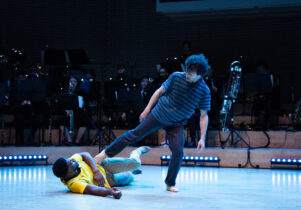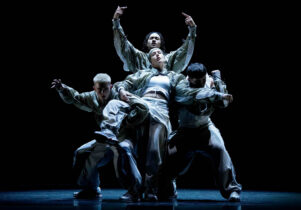RNCM Symphony Orchestra at The Bridgewater Hall
Johnny James, Managing Editor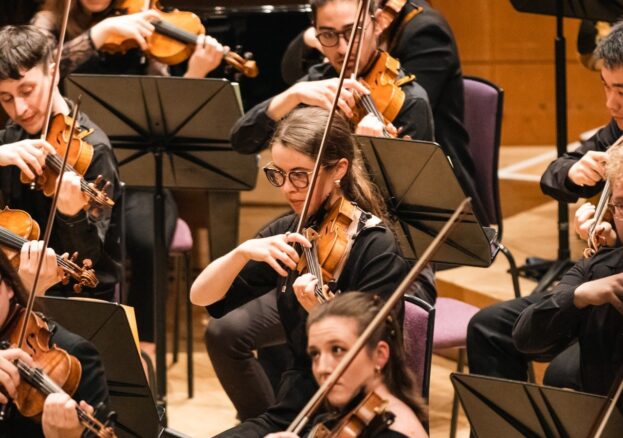
With June comes one of the RNCM’s annual highlights, as the College’s Symphony Orchestra takes to The Bridgewater Hall stage to perform two masterworks by Beethoven and Mahler, alongside a new piece by a fast-rising student composer.
The night begins with a premiere by Emily Pedersen, described as a “new extraordinary talent” by Faber Music Publishing. Having already amassed a collection of compositional prizes and had her music performed up and down the country, the young composer finds herself on many a ones-to-watch list. Her music tends to focus around narrative, and is full of emotional charge – setting the perfect tone for the programme that follows.
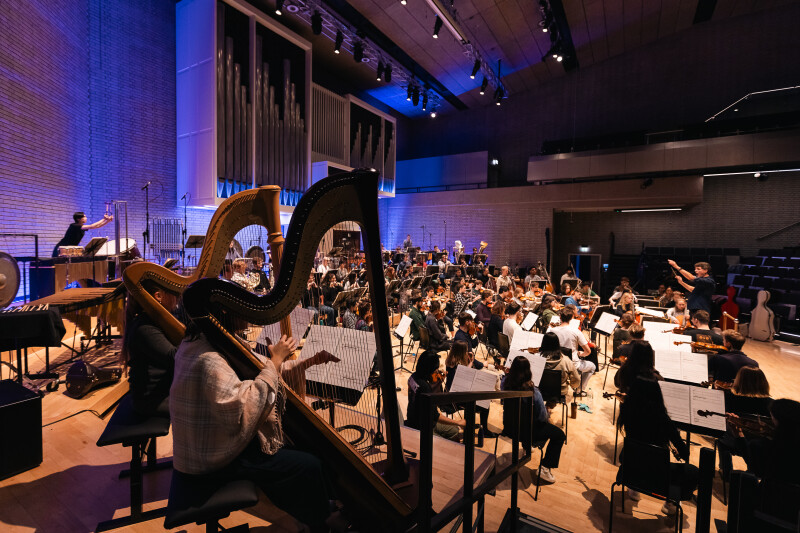
Another hugely talented student – Winnie Su – takes to the stage to perform the piece with which she won the RNCM 2023 Concerto Competition: Beethoven’s 4th Piano Concerto. Gently spoken and remarkably poetic, the concerto’s intimate and unprecedented solo piano opening prepares the scene for one of Beethoven’s most profoundly introspective works.
Winnie says: “The moment you hear the first chord of Beethoven’s 4th Piano Concerto, you know you are in for something sublime. As a musician, embracing the multifaceted nature of this [work] is both a privilege and a challenge. We’re not just performers, we are also painters and actors. It’s a journey I eagerly anticipate sharing with my dearest friends playing in the orchestra and the audience at The Bridgewater Hall”.
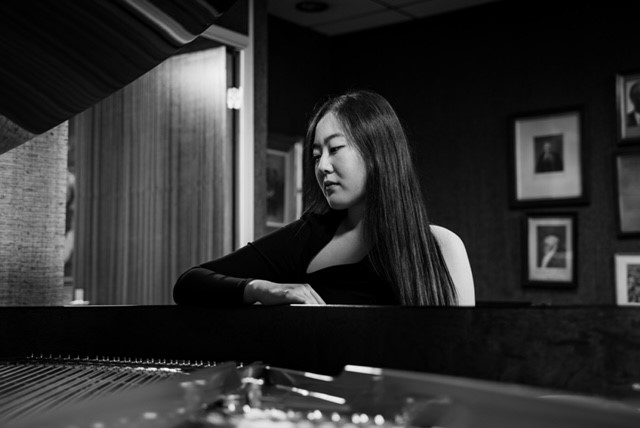
The evening finishes in monumental style with Mahler’s 1st Symphony, known aptly as ‘Titan’. Premiered in 1889, by the Budapest Philharmonic Orchestra under the baton of the composer himself, the symphony’s initial reception was rather… troubled. Audiences were bewildered by its extreme and dramatic changes of mood. Some reviewers even called it ‘grotesque’. This set-off a complicated history for the piece, with multiple changes, additions of programme notes, re-writes, removal of programme notes, until it finally reached the iteration that is cherished today.
Like many of Mahler’s works, his obsession with existentialism permeates every corner of this symphony. Mahler himself wrote about the final movement, “The hero is exposed to the most fearful combats and to all the sorrows of the world. He and his triumphant motifs are hit on the head again and again by Destiny. Only when he has triumphed over death, and when all the glorious memories of youth have returned with themes from the first movement, does he get the upper hand, and there is a great victorious chorale!”.
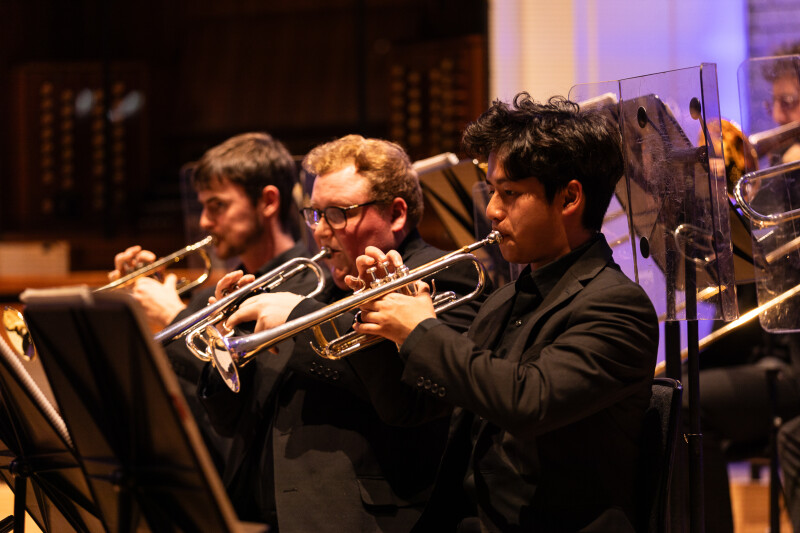
Packed with musical mastery and emotional depth, this promises to be a sensational concert at The Bridgewater Hall.
